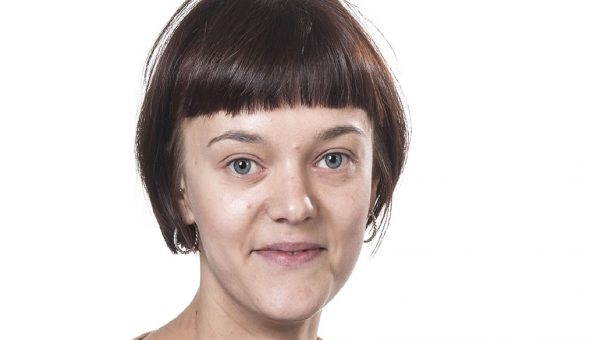Lila confirms her career aspirations with a PIPS placement in the Chambre Regional d’Agriculture

Lila Grandgeorge, a student based at TSL, wanted to pursue an internship that would allow her to expand her knowledge of agronomy/crop production systems and food security and sustainability. Lila also wanted to get an idea of whether a career in this sector would be something to consider in the future. Lila used a personal contact to arrange her PIPS with the Chambre regional d’agriculture Grand Est, France, where she worked as a Project Development Assistant.
Lila undertook her placement during her third year of study and found this worked well for her. “It felt like a good time point because a lot of the data gathering had already been done and therefore was a good moment to take a break from the project to return to final year refreshed”, says Lila.
During the placement, Lila was responsible for coordinating the launch of a research project to use locally produced biochar to capture pesticides in artificial agricultural drainage water catchments before this water flows into waterways, thereby improving water quality. Lila carried out a literature review during the first weeks of the placement which she then summarised in a presentation that was delivered to the scientific partners. Lila then wrote a scientific literature review on the topic aimed for publication. As well as this, Lila communicated with the scientific and financial partners regarding the organisation of the project and helped in writing a governmental funding application.
Lila gained many skills during the placement, including enhancing her communication skills, through review writing, funding application writing, and presentations. “I definitely increased my communication skills through writing a literature review for publication (which involved designing figures and graphical abstract), and writing funding application. My presentation skills were also developed as I had to present a summary of the literature review to the scientific partners”, reflects Lila. Lila’s self-confidence increased as she was given responsibilities early on in the project. Lila met with a prospective scientific partner to introduce the project to them in the hope that they would be interested in a collaboration and succeeding in this gave her a confidence boost from the outset. Lila learned a great deal about the structure of the Chamber of Agriculture and the type of work that they do, as well as gaining agronomy knowledge in agricultural drainage practices and in pesticide risk transfer in the environment. Lila had to use and improve her organisational skills to complete the literature review rapidly and create a document to present to potential scientific partners. She also gained experience in project management and enjoyed learning about agronomy and discussing and exchanging views on topics with colleagues over lunch.
For Lila, the key benefit of her PIPS placement was that it has confirmed her aspiration to work in the public sector for agricultural systems research and development and policy development guidance. As such, Lila found this to be a very positive experience.
